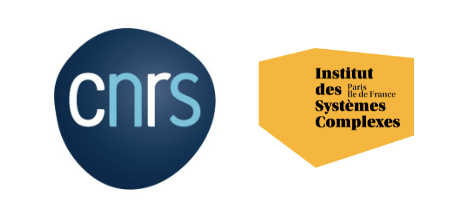
Masatoshi Funabashi
In 2010 at Sony CSL, I started a synecoculture project. Synecoculture is a new field of open systems science which integrates domains including ecology, physiology, information science, complex systems science, food science, environmental science and agriculture, and I have undertaken a host of measures to scientifically formalize and verify it. My main initiative has been a pilot project for the proof of concept both in Japan and Sub-Saharan Africa. Since a prime cause of environmental destruction has been small-scale farmers trading away biodiversity for productivity, we have shown that synecoculture has the potential to fundamentally solve that issue. It potentially allows for biodiversity on a scale never before possible in the history of agriculture, while also allowing for food production that restores the healthy functioning of ecosystems and promote human well-being.
Based on my experience in the field, I am designing a “megadiversity management system” which will offer support to primary industries that impact our natural environment and also to the systems of our societies. It aims to support a new agricultural revolution, one that makes use of information and communications technology (ICT) coupled with the diversity of living nature and our society. Through it, we intend to solve global issues related to the food we produce, the environments we live in, and our own health.

Kaiyuan Lin
I am a research assistant in Dr. Funabashi’s project. The keywords for my research interests are traceability, fishery export, and value chain. I aim to design a decentralized framework for food value chain compliance. The supply chain should increase transparency and traceability for sustainable food production.



